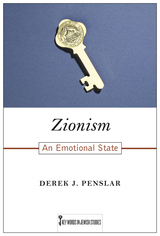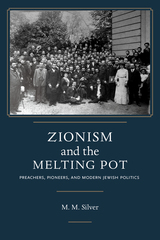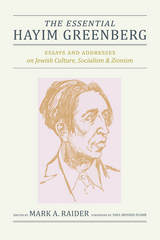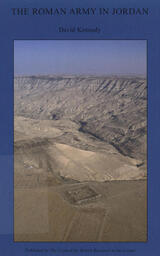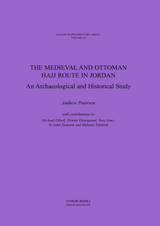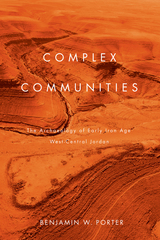The Emergence Of Modern Jewish Politics: Bundism And Zionism In Eastern Europe
University of Pittsburgh Press, 2003
Paper: 978-0-8229-6324-0 | eISBN: 978-0-8229-7069-9 | Cloth: 978-0-8229-4188-0
Library of Congress Classification DS149.5.E85E44 2003
Dewey Decimal Classification 324.089924047
Paper: 978-0-8229-6324-0 | eISBN: 978-0-8229-7069-9 | Cloth: 978-0-8229-4188-0
Library of Congress Classification DS149.5.E85E44 2003
Dewey Decimal Classification 324.089924047
ABOUT THIS BOOK | REVIEWS | TOC | REQUEST ACCESSIBLE FILE
ABOUT THIS BOOK
The Emergence of Modern Jewish Politics examines the political, social, and cultural dimensions of Zionism and Bundism, the two major political movements among East European Jews during the first half of the twentieth century.
While Zionism achieved its primary aim—the founding of a Jewish state—the Jewish Labor Bund has not only practically disappeared, but its ideals of socialism and secular Jewishness based in the diaspora seem to have failed. Yet, as Zvi Gitelman and the various contributors argue, it was the Bund that more profoundly changed the structure of Jewish society, politics, and culture.
In thirteen essays, prominent historians, political scientists, and professors of literature discuss the cultural and political contexts of these movements, their impact on Jewish life, and the reasons for the Bund’s demise, and they question whether ethnic minorities are best served by highly ideological or solidly pragmatic movements.
While Zionism achieved its primary aim—the founding of a Jewish state—the Jewish Labor Bund has not only practically disappeared, but its ideals of socialism and secular Jewishness based in the diaspora seem to have failed. Yet, as Zvi Gitelman and the various contributors argue, it was the Bund that more profoundly changed the structure of Jewish society, politics, and culture.
In thirteen essays, prominent historians, political scientists, and professors of literature discuss the cultural and political contexts of these movements, their impact on Jewish life, and the reasons for the Bund’s demise, and they question whether ethnic minorities are best served by highly ideological or solidly pragmatic movements.
See other books on: Eastern Europe | Emergence | Europe, Eastern | Gitelman, Zvi | Zionism
See other titles from University of Pittsburgh Press






